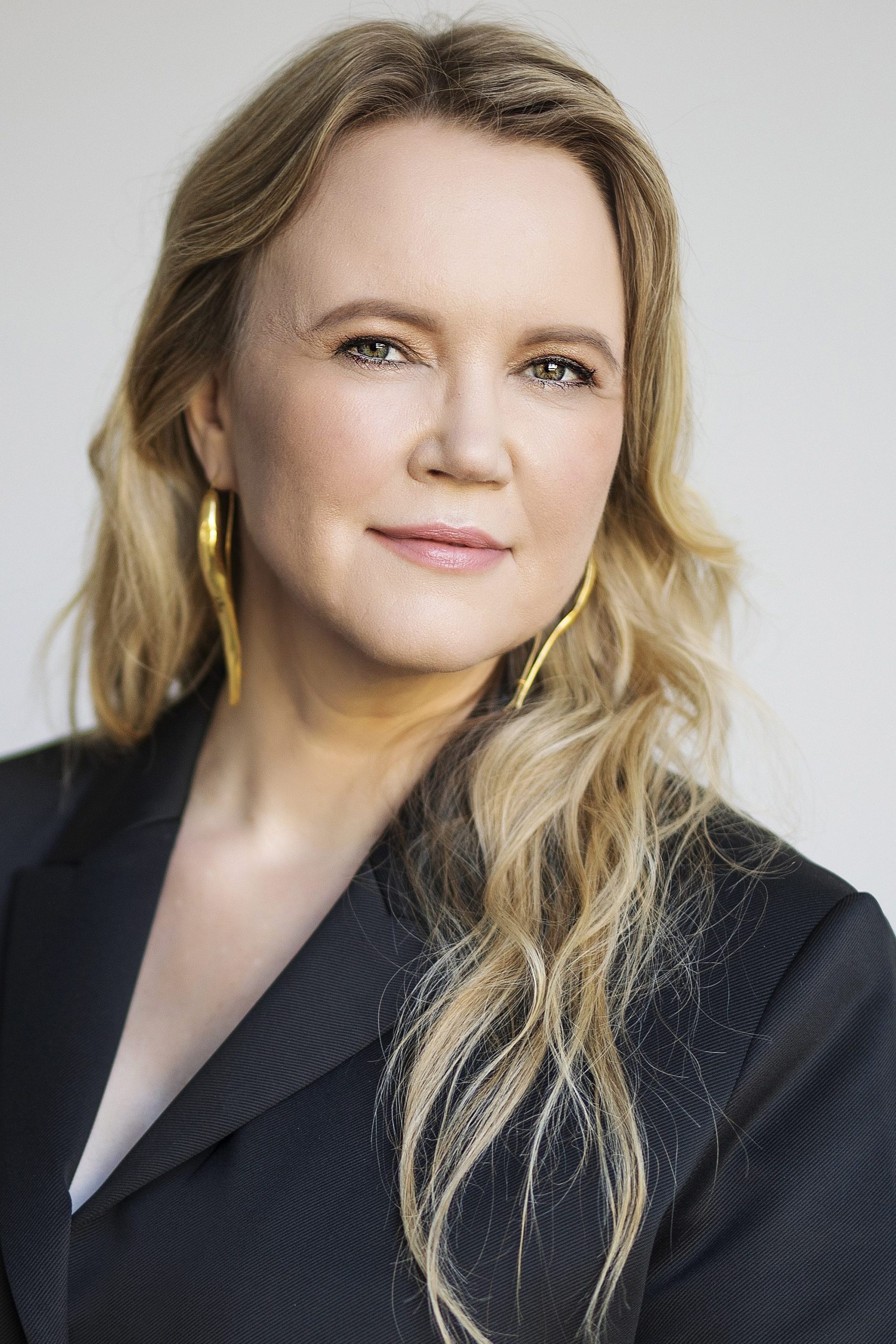
UNFCCC Negotiator from Estonia. SBSTA Vice Chair 2017-2020. Co-Chair of the Katowice Committee of Experts on Impacts of Implementation of Response Measures (KCI) 2019-2021
Annela’s earliest memories revolve around her time on her father’s fishing boat as a child. She was born on an island in the Baltic Sea, and inherited an enduring love for boats and open seas. An able sailor, she recently took part in an expedition to the Arctic. In life, as in sailing, Annela has found a supportive sisterhood empowering.
“I usually sail with crews of mostly men, except one time when I was on an expedition with an almost all-women crew, with only one man. There was a big difference. The women were keen to make sure that everyone had equal opportunity to experience every task, and didn’t shy away from asking each other for help and advice,” she observes. “Men still tend to think women can’t or shouldn’t do certain tasks (like handling the boat), and tend to be more competitive.”
Annela’s UNFCCC journey began in 2009, when she was invited to join her national delegation for COP15 in Copenhagen. Her PhD in Applied Macroeconomics of Climate Change from the University of Cambridge meant that she was assigned the more scientific topics in the negotiations, such as bunker fuels and response measures. She also represents Estonia in the IPCC.
“Under both the UNFCCC and IPCC, I have observed women’s voices ignored, or spoken over, and women preferring to keep silent as a result.” But the situation, she says, is changing. Her own country’s delegation to the UNFCCC is made up of mostly women, although she notes that the more powerful positions still tend to be held by men.
Annela has served as Vice Chair of the UNFCCC Subsidiary Body for Scientific and Technological Advice (SBSTA) from 2017 to 2020. From 2019 onwards, she has also served as Co-Chair of the Katowice Committee of Experts on Impacts of Implementation of Response Measures (KCI). “My experience as SBSTA Vice Chair is what inspired me to initiate the women leaders’ Network,” she says. “There is no one to guide you on what to do when you become Chair, and no one to ask what to expect. I hope the Network will provide a support system to women in similar positions, so they can ask questions openly, share experiences, and support each other.”
Describing herself as a very private person, Annela says she tries to keep her family separate from her work – mainly to protect them. “Estonia still has many climate sceptics, who attack me for my work on about climate change,” she says. Just a week ago, she was attacked in the main national weekly newspaper for saying that the difference between 1.5°C and 2°C is that the small island states will suffer more with the latter, and will be under water. This does not deter her from her mission of continuing to spread information in her country on the science of climate change.